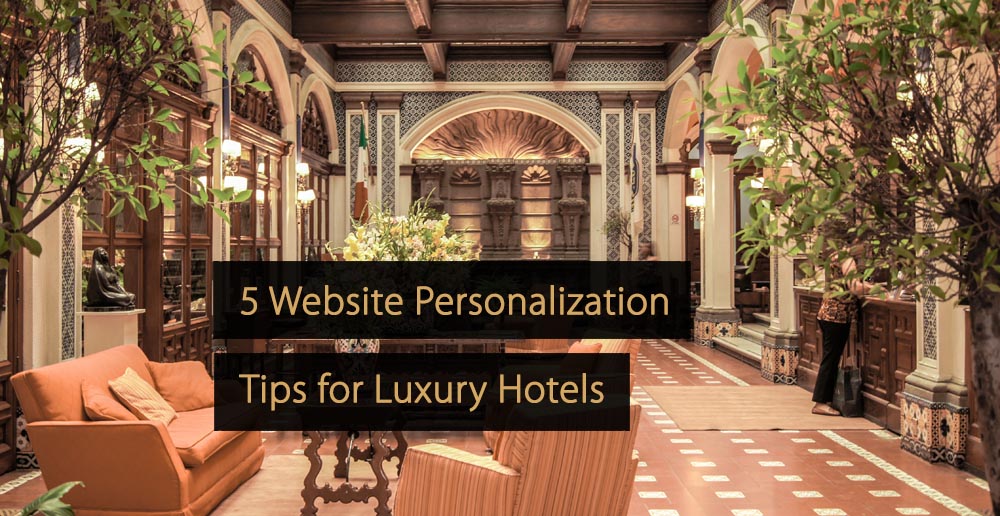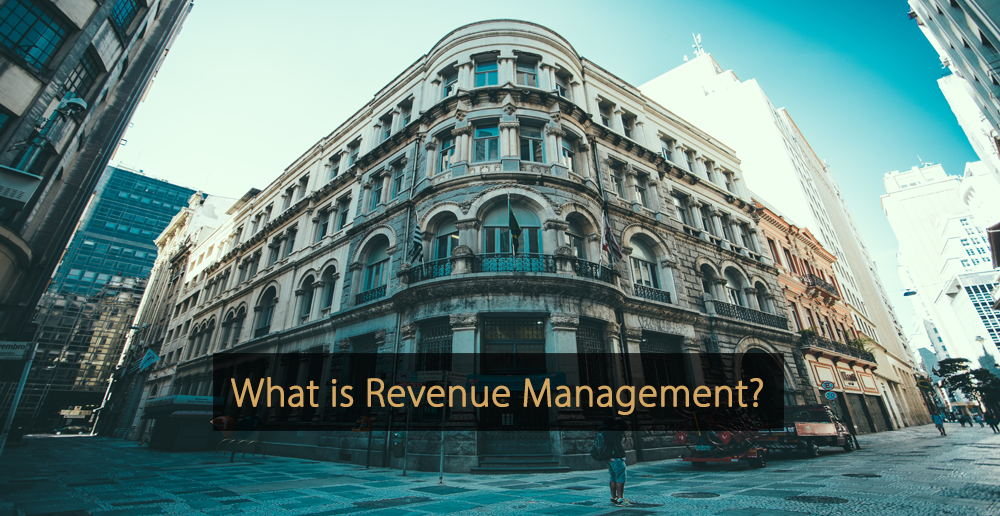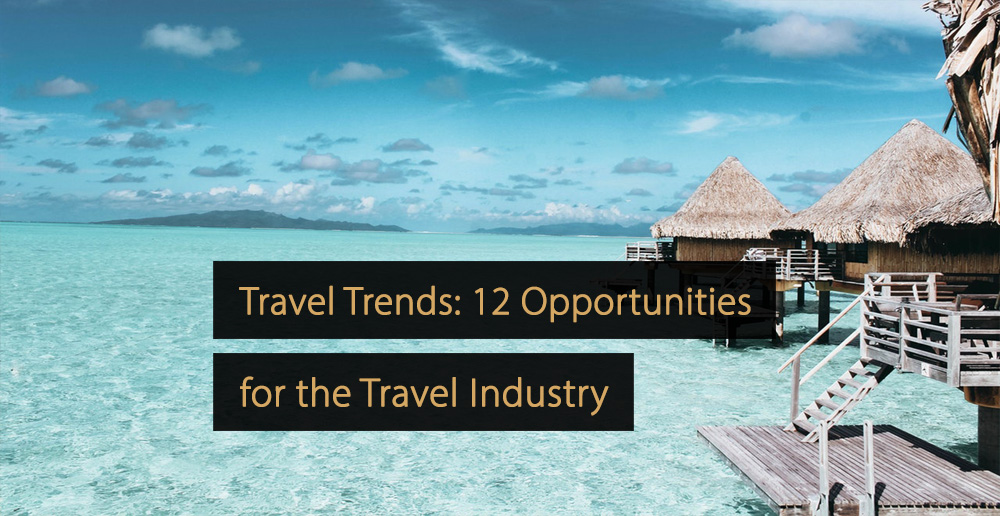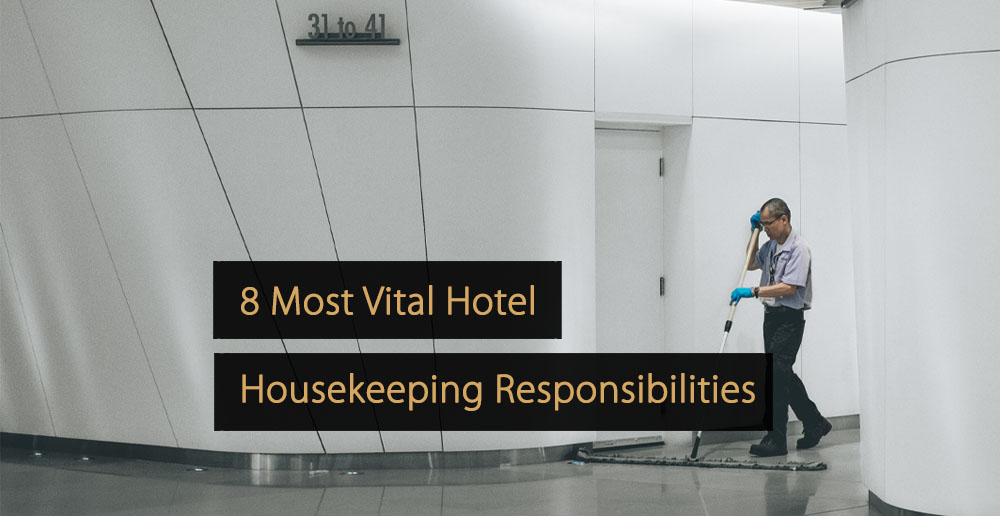Brand identity has a significant influence on guests with an even greater impact in luxury hospitality, where brand image standards are higher. As a luxury brand, it’s crucial to seduce potential guests and entice them to book on your hotel website by providing every visitor with a personalized online experience, with the personality of your brand shining through at all times.
By accompanying your visitors and transmitting your brand values along the user journey, you will be able to engage with your visitors and nudge them toward a direct reservation. Today, we will dive into five best practices around how luxury brands can connect with travelers online and convert them from lookers to direct bookers.
1. Share your positive guest reviews
Positive reviews and guest satisfaction are essential to the success of luxury hotels. According to TripAdvisor, “96% of users consider reading reviews and find them important when planning trips and booking hotels”. With this in mind, you should let your website visitors know what guests love about your brand and use positive ratings as a persuasive marketing tool, displaying concise and convincing information that will result in more direct online reservations.
By seamlessly integrating a reviews summary into your website with a simple yet elegant design, you will be able to preserve a positive user experience while promoting your hotel’s stellar reputation and the trust your brand has earned from its customers.
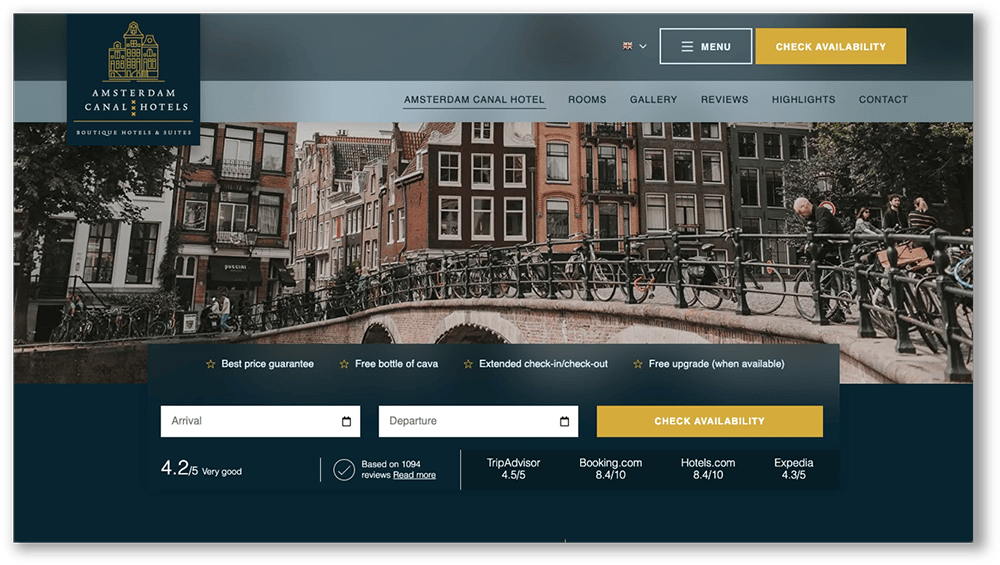
Reviews Summary feature embedded in the hotel website
2. Display customized messages fitted perfectly to your website
Native content that displays personalized communications is the ideal option for luxury brands looking to communicate effectively with their website users.
With The Hotels Network’s Inliner feature, marketing messages are able to blend in and compliment a hotel’s branding thanks to the effortless look of its integration. The Chedi, in Oman, opted for an effective strategy for increasing user engagement with a customized Inliner design and unique offer targeted to users coming from local markets to appeal to these visitors directly and personally.
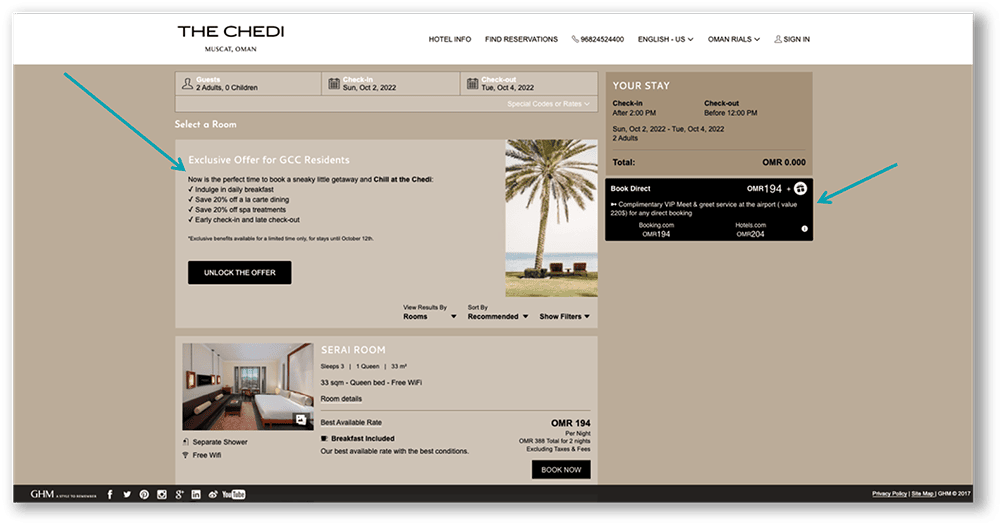
Inliner message attracting visitors’ attention while maintaining a smooth user experience
3. Expand your marketing database
Benefits of VIP membership have proven to be quite compelling to potential guests of luxury properties. Invite them to join by signing up with their email address, while simultaneously boosting your email database.
When placing a form to capture emails on your website, make sure to emphasize the benefits of signing up while matching the look and feel of your brand. Incorporating personalized messages can encourage users to enter their contact information and presents the opportunity to continue communication and foster a long-term relationship with guests.
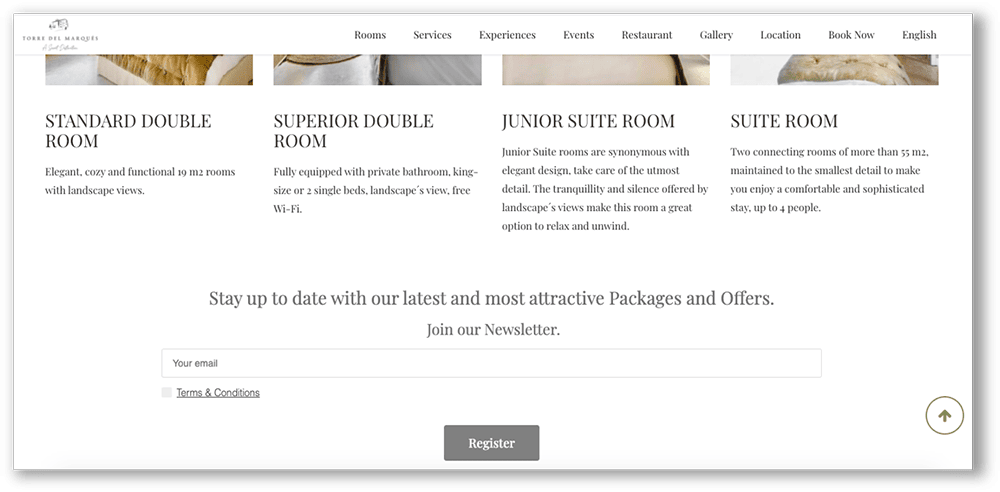
Simple form with a seamless design to effortlessly collect users’ email addresses
4. Reward returning visitors
When navigating your hotel website, returning users and those visiting for the first time will not have the same behavior. Be sure to make loyal visitors feel special with a “Welcome back” message, and even take it a step further by offering them something extra like an exclusive discount.
Incorporate these targeted messages aesthetically into your homepage, choosing fonts and colors to create a theme to match your brand. The key is to adapt the message’s content and wording to your company’s tone of voice in order to keep your brand image consistent.
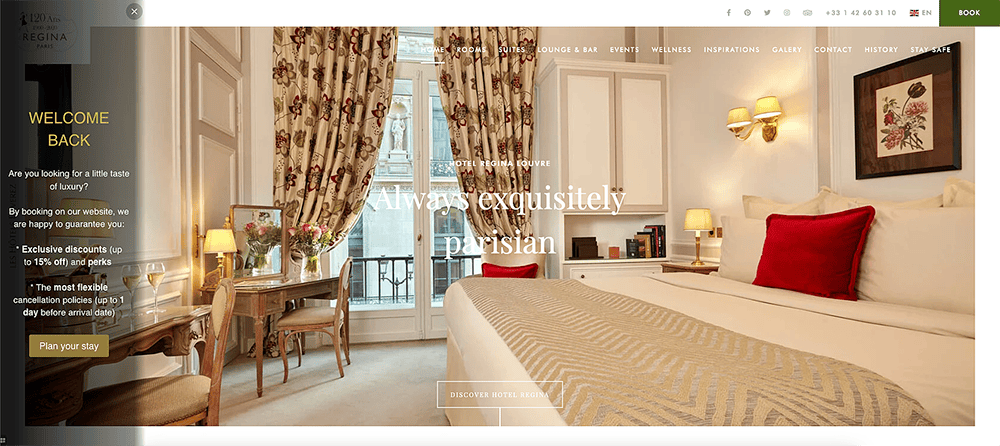
Personalized message on the homepage giving a warm welcome to returning users
5. Reassure visitors that your rate is the best available, always
Luxury travelers or not, everyone wants to know that they’re receiving the best value for their purchase. By showcasing your fantastic rates on your website and comparing them to those available on OTAs or metasearch engines, you will be able to discourage users from exiting the page to continue searching on other websites in quest of a lower price.
As well highlighting that you offer the best available rate, make sure visitors know about the additional benefits they can enjoy as a result of booking directly. Communicate these perks, such as free parking or access to fitness facilities, within the price comparison feature to subtly but effectively grab the attention of your visitors.
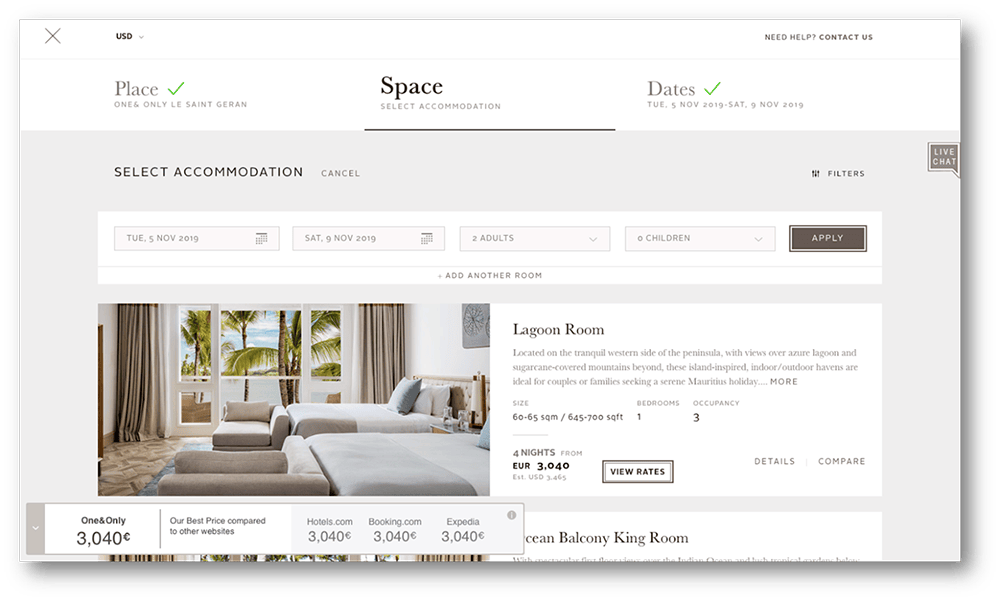
Price Comparison feature adapting to the aesthetic of the website
These five simple yet powerful strategies will improve the way you create and deliver communication at each stage of the booking funnel, without disrupting the user experience. By using these personalization and design techniques, you will be able to significantly boost direct bookings while ensuring your hotel website maintains the integrity of your luxury brand.
FAQs
Hotel revenue management is a strategic approach to predicting customer demand, optimizing room rates and inventory, and maximizing hotel revenue. It involves analyzing market trends, booking patterns, and competitor pricing to make informed pricing decisions.
Seasonality significantly impacts demand and pricing strategies. During peak seasons, hotels can charge higher rates due to increased demand, whereas in off-peak times, they might reduce rates or offer promotions to attract guests.
How to
Time needed: 3 minutes
- Step 1: Search for the Yoast “How to” Element
Hotel revenue management is a strategic approach to predicting customer demand, optimizing room rates and inventory, and maximizing hotel revenue. It involves analyzing market trends, booking patterns, and competitor pricing to make informed pricing decisions.
- Implement the “How to” Element
Seasonality significantly impacts demand and pricing strategies. During peak seasons, hotels can charge higher rates due to increased demand, whereas in off-peak times, they might reduce rates or offer promotions to attract guests.

